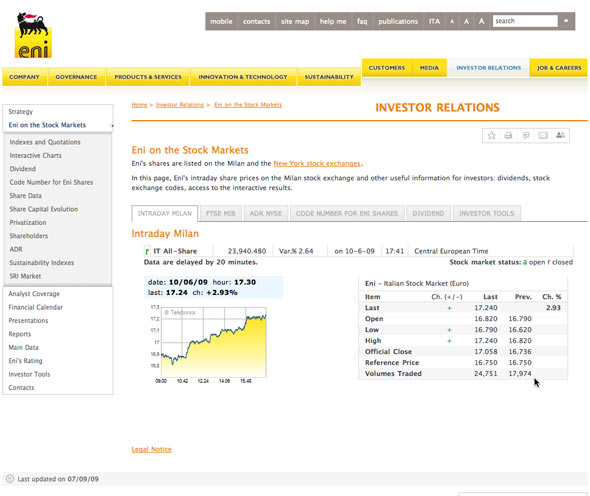I recently invited Josh Hanagarne, World’s Strongest Librarian, to write a guest post for us. Josh is the twitchy giant behind World’s Strongest Librarian, a blog about living with Tourette’s Syndrome, book recommendations, buying pants when you’re 6’8”, old-time strongman training, kettlebells, and much more. Please subscribe to Josh’s RSS Updates to stay in touch.
Over to you, Josh…
How To Be A Useful Expert
Ancient Japanese Proverb
Too many boatmen will run the boat up to the top of the mountain

Nothing is more useful than an expert. Nothing is more useless than an expert that nobody can benefit from.
We turn to experts for answers because they’ve paid their dues to acquire bodies of knowledge that most people don’t have. Their talents and vision are often needed to Get Things Done. But I’ve seen groups of experts that have no idea how to work with other people. When projects need collaborators to be successful, this can be a disaster. If nobody else can benefit from your talents, what is your expertise really worth?
I’ve seen this over and over in two worlds: Academics and Business
Academics
The world of academics is full of insecure, brilliant people with multiple PhDs. Some of them have very big egos and very short fuses. I’ve seen some very nasty arguments between geniuses about whose realm is more important and should receive more of the money.
But I get it. I really do. If you have paid your dues and reached the top of your niche, it can sting when someone refuses to acknowledge your greatness and majesty.
Not to be too obvious, but have noticed that not everyone shares the same passion? You’ve never seen a sadder argument than a botanist trying to convince a literary theorist that botany is the Ultimate Academic Discipline. Once things are nearing the point of blows being exchanged, the likelihood of productive partnering in the future becomes unlikely.
Whether either one of those fields is important, I’ll leave to you.
The Private Sector
The Private Sector is no different. Various CEOs, department heads, and top dogs from all walks of the business can develop a tendency to believe their own specialty is the most important. Everyone has vanity, ego, and insecurities somewhere inside of them. That’s one of the costs of being alive.
But what happens when there is a project to work on and everyone wants to be in charge? Sometimes you can’t afford to say, “Well, we’re all just fallible humans. Of course we’re fighting and howling about this! Please pass me the boxing gloves.”
How A Cliche becomes A Cliche
I’m not a big fan of acronyms and I like superficial “Rah Rah” corporate-speak even less. But hidden inside every cliche is something true. Have you ever heard of TEAM, aka “Together everyone achieves more?”
Don’t roll your eyes just yet if you can help it. It’s not the fault of the phrase that it’s been spouted around for so long that nobody can hear it without retching. It is true that the right team can get more done than any of the single players can do alone.
A Simple But Not Simplistic Example
Suppose a corporation wants to start a website. After the website is built, someone up high hears that these blog things are pretty sweet and now they want a blog for the corporate website. The person at the top selects the eight department heads and says, “Get a blog going and fill it with content. Make it work and make it work for us.”
Now let’s go out on a limb and assume that those eight department heads don’t agree on everything 100% of the time. How will they figure out what will go on the blog? Whose department gets the most exposure? How often? Who is the best writer? Who is the worst writer? Does everyone believe that a blog is actually a good idea? Does everyone agree on the reasons for why the blog exists?
There are questions that need to be asked at the beginning of any collaborative effort.
They don’t always get asked and then–sometimes the best you can do is try to get your mouth guard in before the punching starts.
So What’s The Answer?
People like to feel good about what they know and what they can do. I’ve never met anyone who does not enjoy the chance to display their own skills and talents. In this example, the useful expert is the one who has something to offer to the project–not the expert who feels the need to constantly remind everyone of how many degrees they have and how much money their talents have made them.
Maybe that’s the question to ask when a group of competent, smart, but potentially-at-odds people get together to collaborate:
What is everyone good at? How can each person’s talent be included? Of course, if you’re putting together a corporate blog for a media conglomerate and someone raises their hand and says, “I’m an elite botanist, give me the reins and I can totally do this!”…
Cooler heads do have their place and should also be given the chance to prevail at times.
Thanks, Josh!






 Zack has been working with and coaching remote teams at organizations like JP Morgan, 3M, Nortel, Hewlett Packard, and the United States Navy since 2001. He has served as a consultant to numerous Fortune 500 companies and is a consulting engineer for the Novell Compliance Management Platform.
Zack has been working with and coaching remote teams at organizations like JP Morgan, 3M, Nortel, Hewlett Packard, and the United States Navy since 2001. He has served as a consultant to numerous Fortune 500 companies and is a consulting engineer for the Novell Compliance Management Platform.

